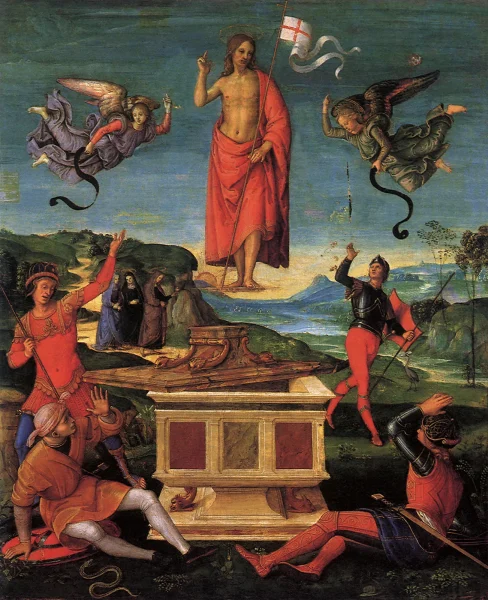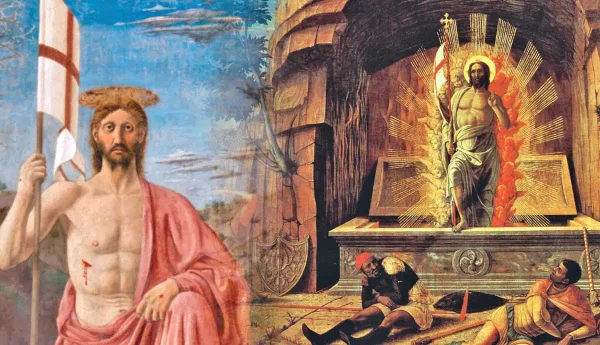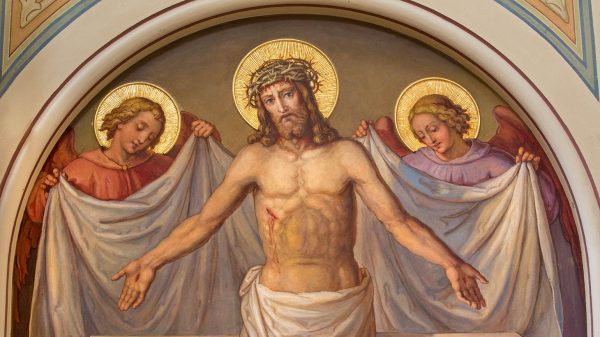Skip to Content
The History of Easter
March 25, 2025

Origin
Easter is a Christian holiday celebration of the resurrection of Jesus Christian and has roots in both Christian faith and pre-Christian pagan traditions, with the holiday’s name potentially stemming from the Anglo-Saxon goddess Easter. People who follow Easter believe in the resurrection of Jesus Christ, three days after his crucifixion, as described in the New Testament. The timing of Easter is linked to the Jewish festival of passover, which was taking place when Jesus died, and the early Christians timed the annual celebration of the resurrection in relation to passover. Early Christians likely celebrated the resurrection every Sunday, and eventually, the feast evolved into a special annual celebration. The English word Easter, which parallels the German word Osern, is of uncertain origin.
Pagan influences
The word “Easter” originated from the Anglo-Saxon goddess Eostre, who was associated with Spring and fertility. Her festival was celebrated around the Vernal Equinox. The egg and the rabbit are often associated with Easter for the roots in Pre-Christian pagan traditions, symbolizing fertility and renewal. Many cultures, including the Egyptians, Romans, and others, had Spring festivals with symbols like eggs and rabbits, which were later incorporated into the Easter celebration.
Evolution of Easter Traditions
The tradition of decorating and giving eggs, symbolizing new life and rebirth, is a common Easter tradition with roots in both Christian and pagan traditions. The Easter bunny is a symbol of the hare, another tradition with roots in Pre-Christian paganism, where the hare was associated with Spring and fertility. Easter in the United States has a unique character, incorporating religious and cultural traditions from early European settlers, with symbols, customs, and foods evolving over time.



Sources:
https://www.britannica.com/topic/Easter-holiday
https://www.discoververmilion.org/news-and-events/news/params/post/4151354/the-history-of-easter
https://en.wikipedia.org/wiki/Easter





